|
|
|
|
The youngest architects ever to have been awarded the commission for the annual Serpentine Pavilion design in London will have their work unveiled next week. They are a trio of South African women who created a design studio called Counterspace. As Matthew Barac explains, their design is a radical departure from anything built for the Serpentine before – the three young women wanted to create a space for all to share ideas and debate their views.
After centuries of colonisation by the Portuguese, the West African islanders of the now independent republic of São Tomé and Príncipe speak Portuguese as their only language. But their relationship with the erstwhile colonisers remains complex. Many young Santomeans study in Portugal. A recent study highlights how the fact that they speak slightly different Portuguese sets them apart. Arriving in the country the students become aware that they must negotiate a world of black and white racism. Marie-Eve Bouchard explains the effect this has on how students see themselves.
Subscribe to our WhatsApp bulletin here.
|
Charl Blignaut
Arts, Culture and Society Editor
|

|
|
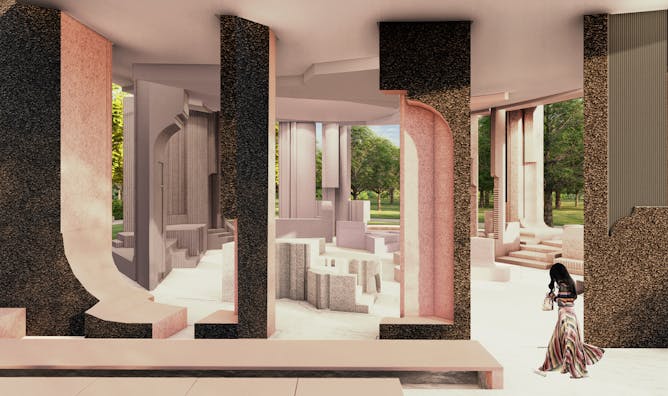
Interior of the winning design for the Serpentine Pavilion.
Image courtesy Counterspace
Matthew Barac, London Metropolitan University
The winners of the prestigious architecture commission are from Johannesburg's Counterspace studio and offer a fresh view on creating buildings.
|
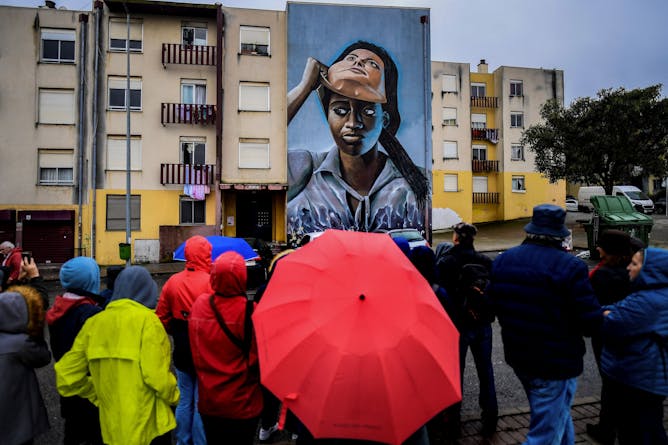
Street mural by Nomen in Quinta do Mocho, Lisbon, to highlight immigrant experiences in Portugal.
PATRICIA DE MELO MOREIRA/AFP via Getty Images
Marie-Eve Bouchard, University of British Columbia
Students from São Tomé and Príncipe must negotiate being both native speakers of Portuguese and Black Africans. And how they speak Portuguese is perceived as an issue.
|
Business + Economy
|
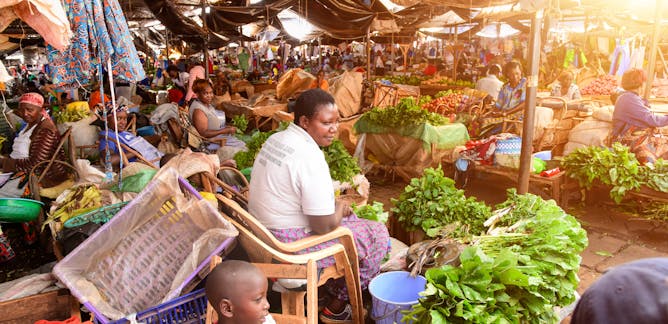
Silvia Alonso Alvarez, International Livestock Research Institute ; Delia Grace, International Livestock Research Institute ; Hung Nguyen-Viet, International Livestock Research Institute
When it comes to food safety solutions, models which enforce bans and regulations don't fit.
| |
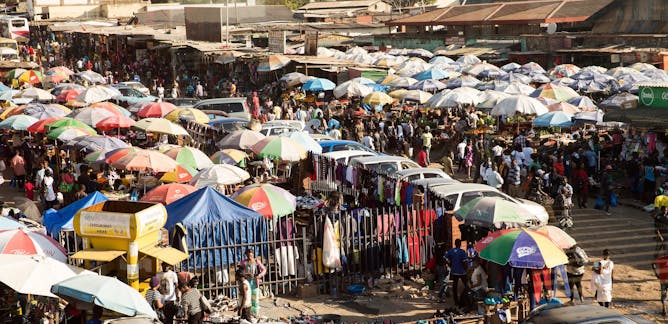
Gareth Haysom, University of Cape Town; Jonathan Crush, Wilfrid Laurier University; Prof. Bruce Frayne, University of Waterloo
As the global South transitions to a predominantly urban future, food offers a way to understand the role of cities in future development.
|
|
|
From our international editions
|
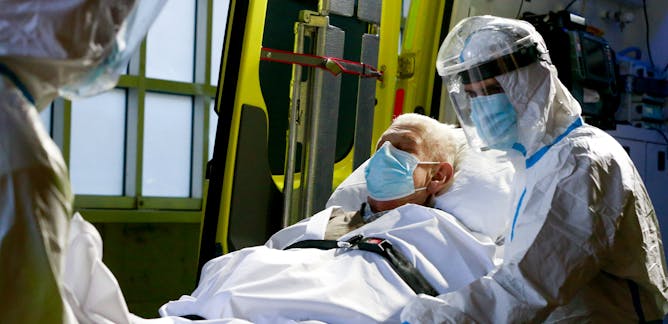
Rachel M Gisselquist, United Nations University; Andrea Vaccaro, Sapienza University of Rome
More able and legitimate states should have handled the virus the best, but instead they've had the most cases and deaths.
| |

Gemma Ware, The Conversation; Catesby Holmes, The Conversation; Daniel Merino, The Conversation
Plus, why Brazilian women who lived through Zika are avoiding getting pregnant during the COVID-19 pandemic. Listen to episode 18 of The Conversation Weekly podcast.
|

Edmund Adjapong, Seton Hall University
Science is often taught from a white or Western standpoint. Can teaching science from a hip-hop perspective make science more relatable to students of color? A hip-hop science educator weighs in.
| |
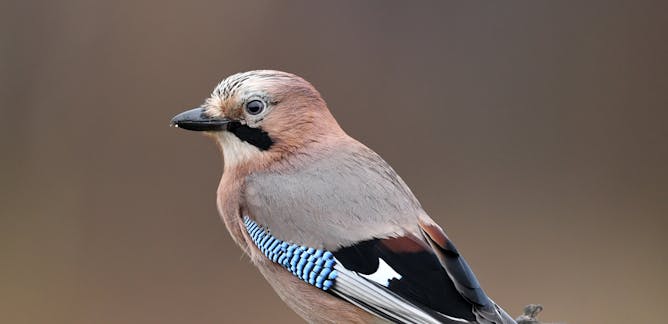
Elias Garcia-Pelegrin, University of Cambridge
Testing whether the birds react to sleight of hand helps us understand if they see the world like we do.
|
|
|
| |
| |
| |
| |

|
| |
| |
| |
Featured events
|
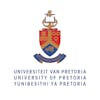
|
University Road, Hatfield, Gauteng, 0083, South Africa — University of Pretoria
|

|
Lynwood Ave, Hatfield, Pretoria, Gauteng, 0002, South Africa — University of Pretoria
|

|
Centre for Human Rights, Faculty of Law, University of Pretoria, Pretoria, Gauteng, 0002, South Africa — University of Pretoria
|

|
University Road, Hatfield, Gauteng, 0083, South Africa — University of Pretoria
|
|
|
|
| |
| |
| |
Would you like to republish any of these articles?
|
|
It’s free to republish, here are the guidelines.
Contact us on africa-republish@theconversation.com in case you need assistance.
|
| |
| |
| |
| |
|
|
|
|
|
|
|